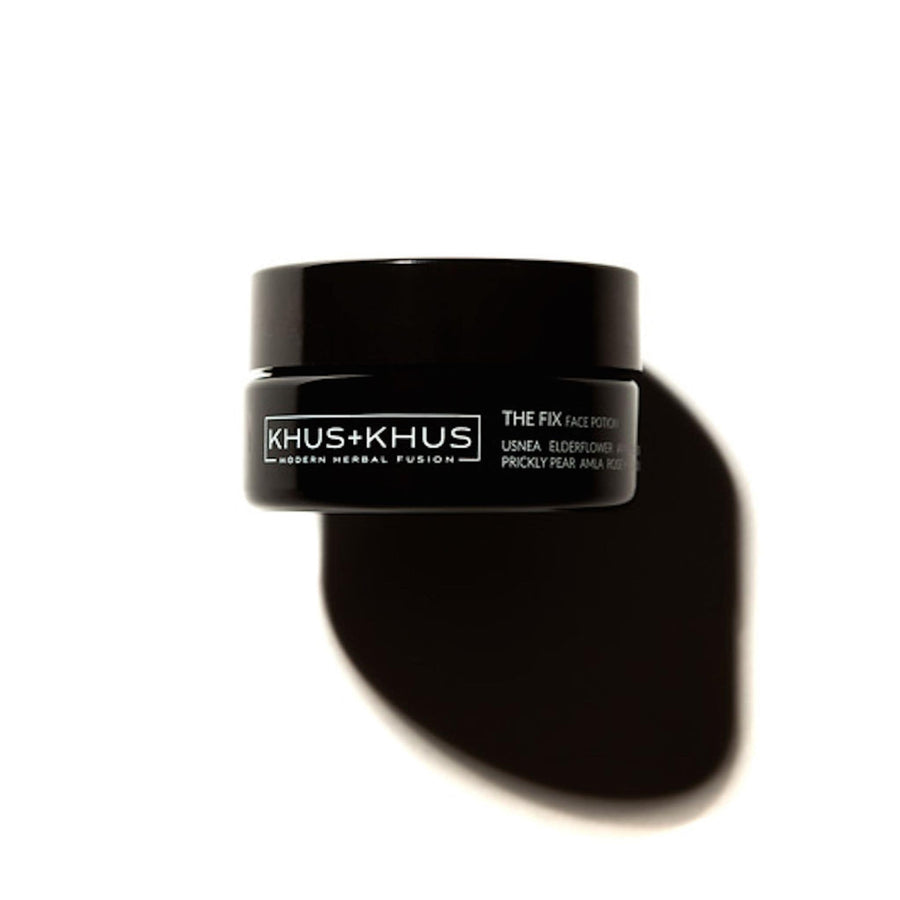The Difference in Mineral vs. Chemical Sunscreens with Botanicals
Maybe you've heard of the term 'Mineral Sunscreen' or 'Physical Sunscreen'. Basically, they are sunscreens which work like a shield by reflecting and scattering UV rays to prevent them from penetrating or damaging the skin.
The term 'chemical-free sunscreens' is commonly used to describe 'physical' or 'mineral' sunscreens, those that use the minerals zinc oxide and/or titanium dioxide as their only active ingredients. Conversely 'chemical sunscreens' use only non-mineral, or chemical, active ingredients such as oxybenzone, oxtinoxate, and octisalate.
How does zinc oxide work as a sunscreen?
Zinc oxide is a powdered mineral that sits on top of the skin, scattering, reflecting, and absorbing UVA & UVB rays. Try Babo Botanicals Clear Zinc Sunscreen Lotion SPF 30 and Clear Zinc Sport Stick Sunscreen SPF 30.
Zinc oxide is one of only 17 active ingredients currently approved by the FDA for use in sunscreens. Upon application, zinc oxide particles sit on the outermost layer of your skin, the stratum corneum, where they scatter, absorb, and reflect ultraviolet radiation, protecting your living skin below. Zinc oxide is unique among sunscreen ingredients in that it is truly a broad-spectrum blocker, protecting from UVA, UVB, and even UVC. Titanium dioxide is another mineral active ingredient you may see in other brands' sunscreens. While it protects from UVB rays very well it does not protect from UVA as well as zinc oxide does.
What does Nano and Non-Nano particles mean?
At Babo Botanicals, they use mineral non-nano particle zinc oxide as the sunblocker. Why do we san no to nano particles? Because they're so tiny they may penetrate the skin's defenses and make their way into the bloodstream and have adverse health effects. Instead of using a potentially harmful sunblocker like oxybenzone, they use non-nano particle zinc oxide, an effective mineral that works by reflecting UV light rays. Plus, minerals are great for people with sensitive skin because they tend to be less irritating. Zinc oxide is also better for the ocean than oxybenzone, which recent studies have shown may be harmful to coral reefs. Try Babo Botanicals Super Shield Sport Stick Sunscreen SPF 50 and Lip Tint Conditioners SPF 15.
Nano Particles are ingredients ground so finely that they may penetrate the skin’s defenses and make their way into the bloodstream, which can have adverse health effects. There’s not enough data to know for sure, but we don’t think it’s worth the risk. Babo Botanicals uses non-nano zinc oxide, an effective mineral that has not been found to be harmful to the ocean ecosystem, instead of using a potentially harmful sunblocker like oxybenzone.
Shop Babo Botanicals Sunscreen Now! Click Here...




Leave a comment